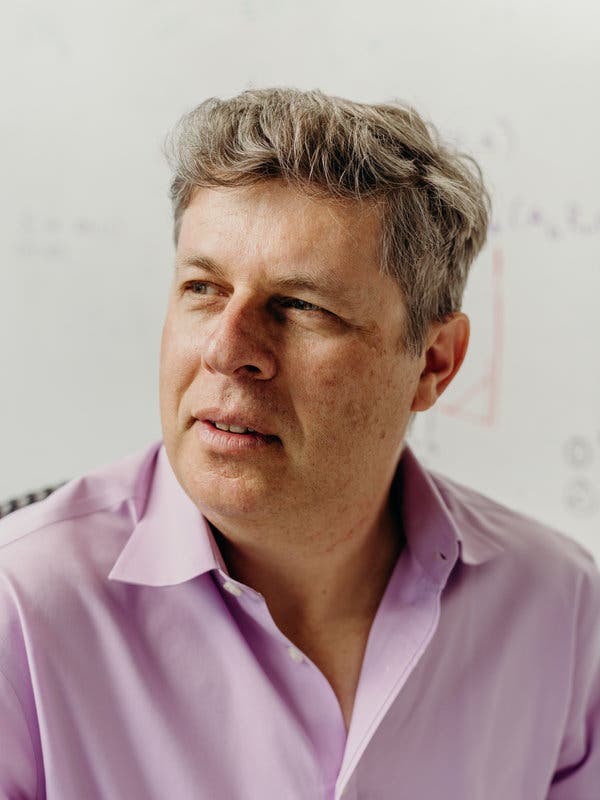Past EAC Members
The External Advisory Committee (EAC) of the Goergen Institute for Data Science is composed of leading experts from industry and academia who advise the director on strategic initiatives, and discuss challenges and opportunities in data science. To view a list of current EAC members, visit the main EAC page.

Alon Halevy has been a Director at Facebook AI since August 2019. He works on Affective Computing and on data management for artificial intelligence, including the combination of neural and symbolic techniques for data management. Prior to Facebook, he was the CEO of Megagon Labs (2015-2018) and led the Structured Data Research Group at Google Research (2005-2015), where they developed WebTables and Google Fusion Tables. From 1998-2005 he was a professor at the University of Washington, where he founded the database group. Before that, he was at AT&T Bell Labs (and AT&T Labs) (1993-1997). He founded two startups, Nimble Technology and Transformic Inc. (acquired by Google in 2005). He received his Ph.D in Computer Science from Stanford in 1993 and his Bachelors in Computer Science and Mathematics from the Hebrew University of Jerusalem in 1988. He has authored two books: The Infinite Emotions of Coffee (December, 2011) and Principles of Data Integration (with AnHai Doan and Zack Ives, published in 2012). He is a Fellow of the ACM and a recipient of the PECASE Award and Sloan Fellowship. He and his co-authors received VLDB 10-year Best Paper Awards for their 2008 paper on WebTables and for their 1996 paper on the Information Manifold Data Integration System.
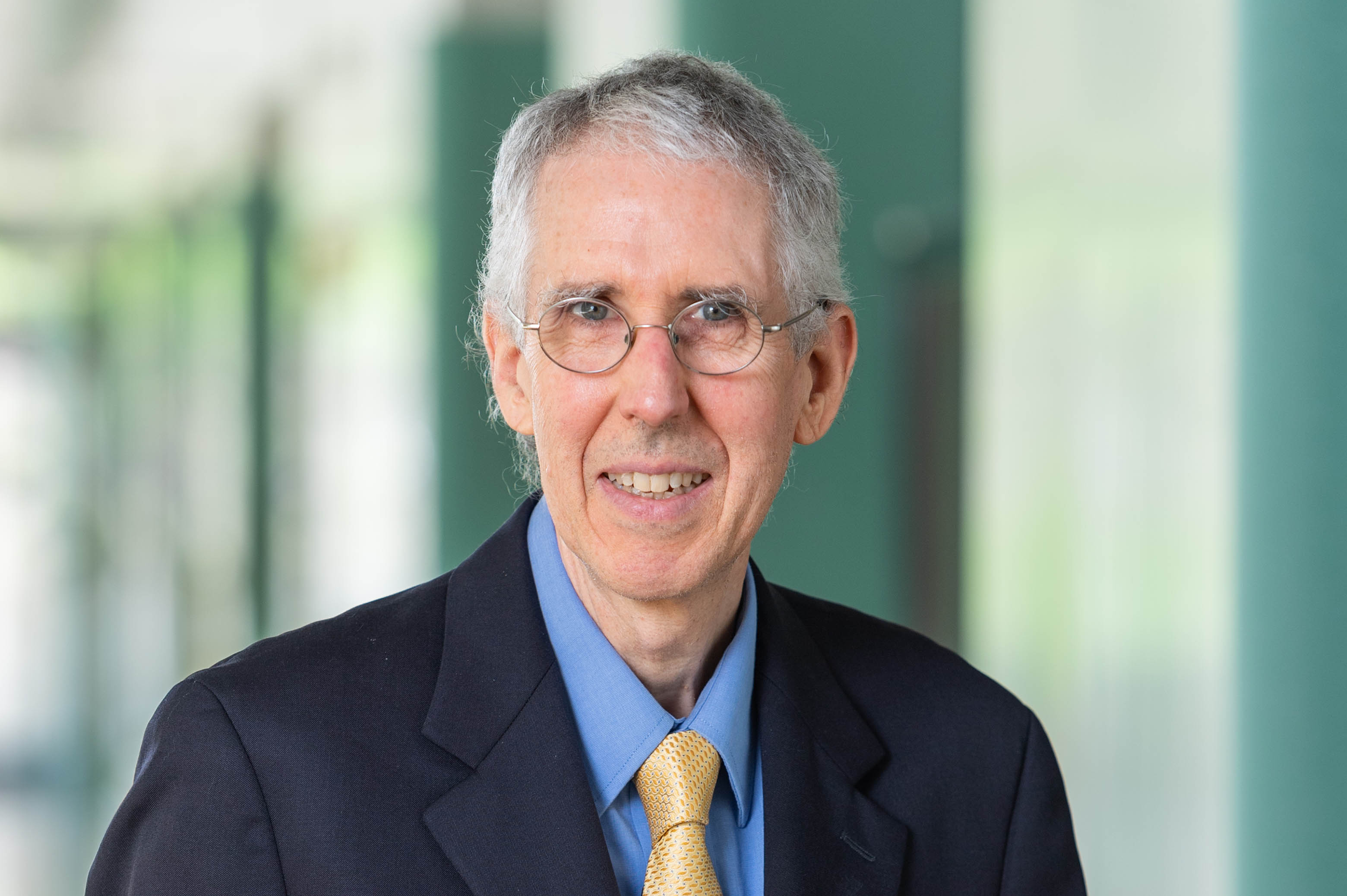
Alfred Hero is the John H. Holland Distinguished University Professor of Electrical Engineering and Computer Science and the R. Jamison and Betty Williams Professor of Engineering at the University of Michigan, Ann Arbor. He is a Fellow of the Institute of Electrical and Electronics Engineers (IEEE) and the Society for Industrial and Applied Mathematics (SIAM). He is a recipient of the Fourier Award in Signal Processing from the IEEE. He is a Section Editor of the SIAM Journal on Mathematics of Data Science and a Senior Editor of the IEEE Journal on Selected Topics in Signal Processing.
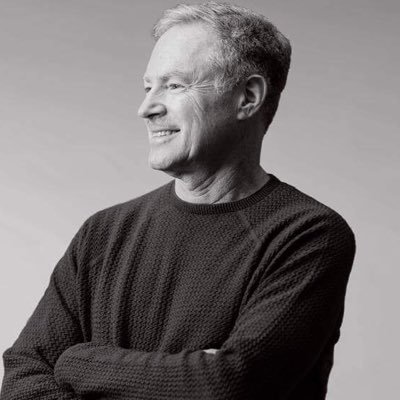
Eric Horvitz serves as Microsoft’s Chief Scientific Officer. In this role, Dr. Horvitz provides cross-company leadership and perspectives on advances and trends on scientific matters, and on issues and opportunities rising at the intersection of technology, people, and society. He has pursued principles and applications of AI with contributions in machine learning, perception, natural language understanding, and decision making. His research centers on challenges with uses of AI amidst the complexities of the open world, including uses of probabilistic and decision-theoretic representations for reasoning and action, models of bounded rationality, and human-AI complementarity and coordination.
His efforts and collaborations have led to fielded systems in healthcare, transportation, ecommerce, operating systems, and aerospace. He received the Feigenbaum Prize and the Allen Newell Prize for contributions to AI. He received the CHI Academy honor for his work at the intersection of AI and human-computer interaction. He has been elected fellow of the National Academy of Engineering (NAE), the Association of Computing Machinery (ACM), Association for the Advancement of AI (AAAI), the American Association for the Advancement of Science (AAAS), the American Academy of Arts and Sciences, and the American Philosophical Society.
He serves on the President’s Council of Advisors on Science and Technology (PCAST) and is a member of the Computer Science and Telecommunications Board (CSTB) of the National Academies. He served as a commissioner on the National Security Commission on AI where he chaired the line of effort on ethical and responsible AI. He has served as president of the AAAI, and on advisory committees for the National Science Foundation, National Institutes of Health, DARPA, and the Allen Institute for AI.
Beyond his scientific work, he has pursued efforts and studies on the influences of AI on people and society, including issues around ethics, law, and safety. He founded and chairs Microsoft’s Aether committee on AI, effects, and ethics in engineering and research. He established the One Hundred Year Study on AI at Stanford University and co-founded the Partnership on AI.
Eric received Ph.D. and M.D. degrees at Stanford University. Previously, he served as director of Microsoft Research with research labs in Redmond, Washington; Cambridge, Massachusetts; New York City, New York; Montreal, Canada; Cambridge, UK; and Bangalore, India. More information can be found on his home page. A selected list of publications can be found here.
Dr. Oren Etzioni is Chief Executive Officer at AI2. He is Professor Emeritus, University of Washington as of October 2020 and a Venture Partner at the Madrona Venture Group since 2000. His awards include Seattle’s Geek of the Year (2013), and he has founded or co-founded several companies, including Farecast (acquired by Microsoft). He has written over 100 technical papers, as well as commentary on AI for The New York Times, Wired, and Nature. He helped to pioneer meta-search, online comparison shopping, machine reading, and Open Information Extraction.

Bob Maybee is Vice President of Customer Loyalty & Insights for Wegmans Food Market, Inc., headquartered in Rochester, New York. Bob graduated from the University of Buffalo in 1979 Summa Cum Laude with a degree in Accounting. Bob obtained his MBA from the Rochester Institute of Technology in 1980 with a concentration in Finance. Bob began his career at Wegmans during the mid-70s working part-time in the Frozen Foods, Produce, Front-End and Grocery departments. Upon completion of graduate school, Bob began full-time for Wegmans in September 1980 as a Marketing Research analyst. When Wegmans began their Shoppers Club program in 1990, Bob's group was responsible for both the analysis of the information and the creation of Targeted Marketing programs. In 2000, he was promoted to Vice President of Grocery, and in 2013 Bob moved into the newly created position of Vice President of Customer Loyalty & Insights.

Greg Munves '04 is the founder and CEO of Stealth Startup. Greg previously served as president and chief operating officer of 1010data, a data analytics and management company, where he led strategic planning, field operations and product development, and shepherded 1010data’s $500 million acquisition by Advance. Prior to this role, Greg was the company’s chief revenue officer, growing the business and expanding market development efforts beyond the financial services industry into the retail, consumer goods and healthcare and life sciences sectors. Greg received his BA in Economics from the University of Rochester in 2004.
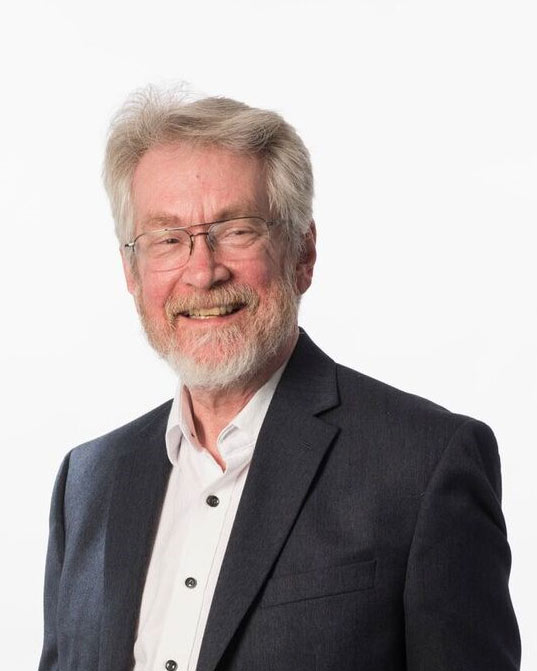
Alex "Sandy" Pentland directs MIT’s Human Dynamics Laboratory and the MIT Media Lab Entrepreneurship Program, co-leads the World Economic Forum Big Data and Personal Data initiatives, and is a founding member of the Advisory Boards for Nissan, Motorola Mobility, Telefonica, and a variety of start-up firms. He has previously helped create and direct MIT’s Media Laboratory, the Media Lab Asia laboratories at the Indian Institutes of Technology, and Strong Hospital’s Center for Future Health.
In 2012 Forbes named Sandy one of the `seven most powerful data scientists in the world’, along with Google founders and the CTO of the United States, and in 2013 he won the McKinsey Award from Harvard Business Review. He is among the most-cited computational scientists in the world, and a pioneer in computational social science, organizational engineering, wearable computing(Google Glass), image understanding, and modern biometrics. His research has been featured in Nature, Science, and Harvard Business Review, as well as being the focus of TV features on BBC World, Discover and Science channels. His most recent book is `Honest Signals,' published by MIT Press.
Over the years Sandy has advised more than 50 PhD students. Almost half are now tenured faculty at leading institutions, with another one-quarter leading industry research groups and a final quarter founders of their own companies.
Sandy's research group and entrepreneurship program have spun off more than 30 companies to date, three of which are publicly listed and several that serve millions of poor in Africa and South Asia. Recent spin-offs have been featured in publications such as the Economist and the New York Times, as well as winning a variety of prizes from international development organizations.

Mark Pitts is the RVP of Healthcare Analytics for Centene Corporation, a multi-national healthcare company. Prior to Centene, Mark served as Healthcare Analytics Executive at SAS and Chief Analytics & Data Officer and Senior Vice President at Excellus BCBS. Mark received his BS in Accounting from University of Florida, and holds a Master of Accounting from University of Florida and Master of Science in Statistics from Texas A&M University.
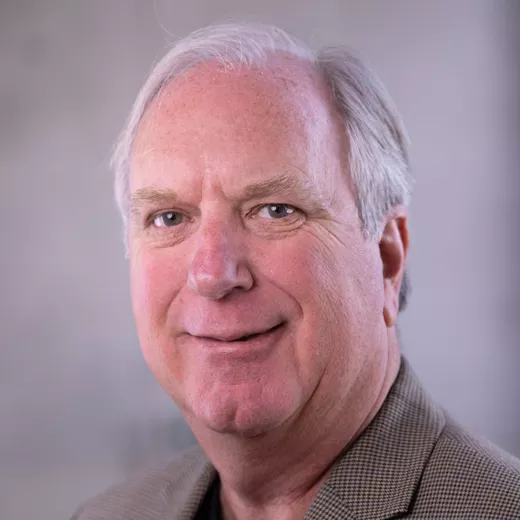
Richard H. Scheuermann, PhD, is the Director of Bioinformatics and La Jolla Campus Director of the J. Craig Venter Institute (JCVI). He is also an Adjunct Professor of Pathology at the University of California San Diego. He received a BS in Life Sciences from the Massachusetts Institute of Technology, and a PhD in Molecular Biology from the University of California, Berkeley. Dr. Scheuermann has applied his deep knowledge of molecular immunology and infectious disease to develop novel computational data mining methods and knowledge representation approaches, including the development of biomedical ontologies and novel computational methods for gene expression, protein network, flow cytometry, and comparative genomics data analysis. These informatics tools have been made available through public database and analysis resources, including the Immunology Database and Analysis Portal (ImmPort, https://www.immport.org), Influenza Research Database (IRD; www.fludb.org) and Virus Pathogen Resource (ViPR; www.viprbrc.org). More recently, Dr. Scheuermann has focused on the development of novel artificial intelligence approaches for interpreting single cell genomics data of the human immune and nervous systems.

